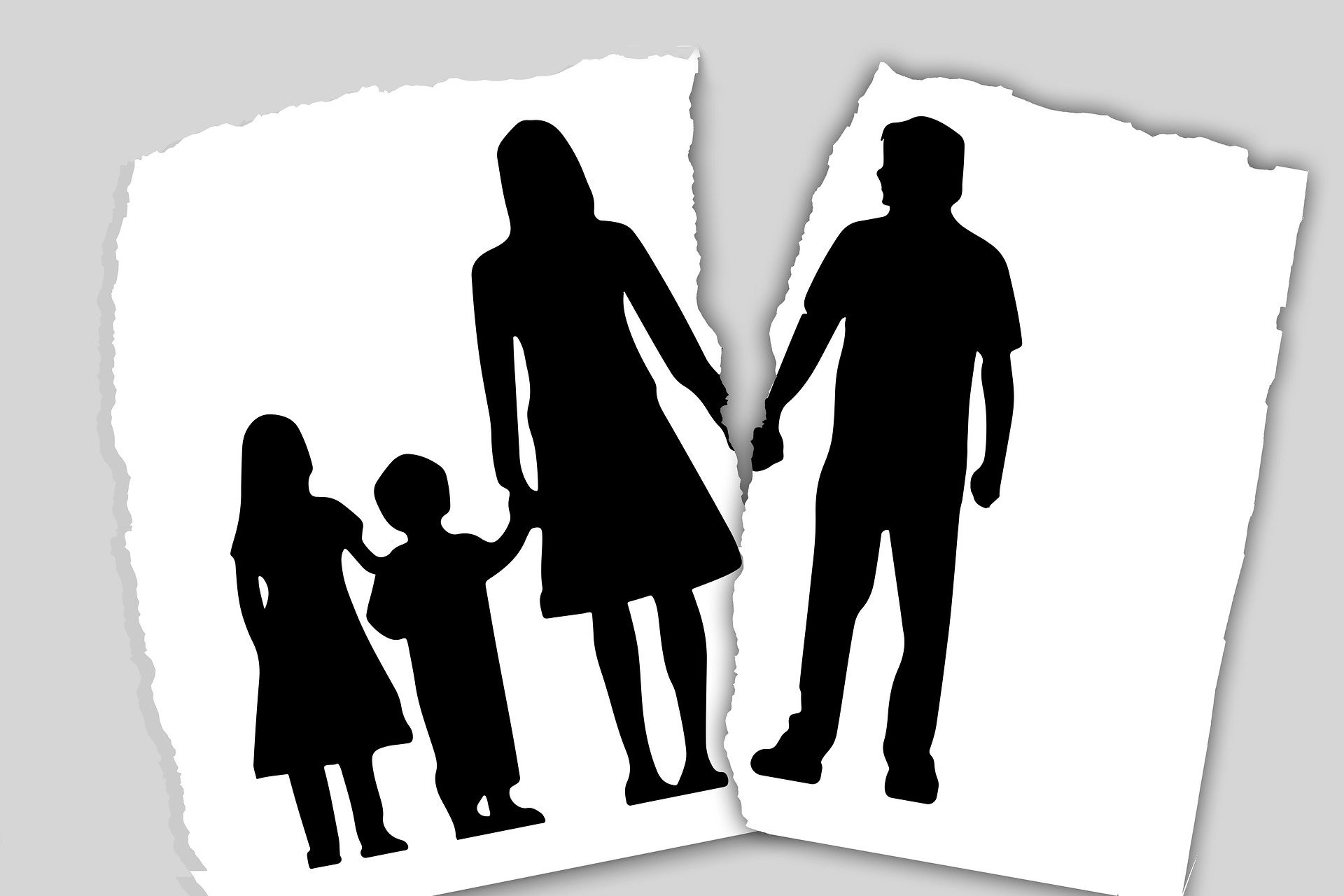The experience of parenting stands as one of the most satisfying but exhausting adventures that people undertake in life. The path of child development brings forth fresh parenting obstacles throughout the first phases of sleepless newborns, toddler tantrums, and teenage mood changes. But the big question remains: when does parenting get easier? The truth is, while some stages are smoother than others, parenting is an ever-evolving experience.
When Does Parenting Get Easier? A Stage-Wise Breakdown
The Newborn Stage (0-3 Months)—The Toughest Start
The first few months of parenthood? Whew, they’re a whirlwind! My clearest memory includes the constant sleep loss from midnight nursing sessions and the process of finding a suitable new pattern. It’s exhausting—physically, emotionally, and mentally. Sleep deprivation hits hardest, right? After childbirth, your body needs rest since you need to continue caring for yourself while being awake throughout the day. Many parents experience zombie-like exhaustion, which is acceptable to acknowledge.
The experience continued to tell me that this phase of life is merely temporary. The good news? The third or fourth month marks the beginning of slightly improved control of the situation. Your infant extends their nap times now while you begin to develop some ordering of your day—thank goodness for those minor successes.
The Infant Phase (3-12 Months)—Small Wins, Big Growth
At the infant stage of development, everything seems to stabilize. Your little one will achieve important first milestones, which include their very first smile combined with their first successful roll and then their first attempt at crawling. Sleep turns more regular at this time (a true relief). Although you may feel ready to relax, the situation remains unstable for now.
Your child continues to experience both teething pain and intense distress from missing you at any given time during their growth. Your baby will become more engaged and seek independence between 6 to 9 months old.
The Toddler Years (1-3 Years)—Energy Overload
Oh boy, the toddler years! Gasping for breath does not hit the mark in understanding the overwhelming nature of things. The “Terrible Twos” hit hard, with tantrums over the smallest things. The process of toilet training occurs alongside an endless experience that seems to never end. Although their speech remains unclear during this stage, their finally saying “Mama” or “Dada” feels like the ultimate victory.
As children reach age three, there becomes more ease in their development. Your child starts expressing needs while developing their independence, so you will no longer need to watch them as closely, letting you have more freedom.
The Preschool Phase (3-5 Years)—A Breath of Fresh Air
You will get the feeling that you deserve some relaxation after your child attends preschool. The preschool stage provides some welcoming relief for all parents. Both the understanding between you and your child and their growing independence become much clearer. The need to constantly make guesses about their immediate requirements during this phase finally dies out. Your child displays more reliable sleeping routines because of their established routines (routine is the credit here).
Social growth becomes exceptionally advanced during this stage. The development of social skills allows your child to start playing with peers, potentially leading to their first preschool experience. Around ages 4 and 5, the need to chase after your child will decrease because your growing child develops independence, which gives you more self-time.
The Elementary School Years (6-12 Years)—A Golden Period?
Surprisingly enough, you will encounter a smoother phase at this point. As students start elementary school, they develop more independence through managing their care as well as their school duties and establishing meaningful friendships with others. The combination of fewer angry outbursts with organized education methods creates an ideal situation for everyone. Besides schoolwork duties and social relationships, your child now deals with new challenges in their life.
Practicing the perfect level of involvement in my kids’ school activities while avoiding an intrusive approach became my focus during elementary school. Parents normally witness their child’s emotional growth happen between seven and eight years old, thus observing their child develop into an individual separate from themselves. During this time, all elements finally begin to harmonize, which represents the perfect stage.
The Teenage Years (13-18 Years)—New Challenges, Different Struggles
You will get the feeling that you deserve some relaxation after your child attends preschool. The preschool stage provides some welcoming relief for all parents. Both understanding between you and your child and their growing independence become much clearer. The need to constantly make guesses about their immediate requirements during this phase finally dies out. Your child displays more reliable sleeping routines because of their established routines (routine is the credit here).
Social growth becomes exceptionally advanced during this stage. The development of social skills allows your child to start playing with peers, potentially leading to their first preschool experience. Around ages 4 and 5, the need to chase after your child will decrease because your growing child develops independence, which gives you more self-time.
The Adult Years—The Full-Circle Moment
Surprisingly enough, you will encounter a smoother phase at this point. As students start elementary school, they develop more independence through managing their care as well as their school duties and establishing meaningful friendships with others. The combination of fewer angry outbursts with organized education methods creates an ideal situation for everyone. Besides schoolwork duties and social relationships, your child now deals with new challenges in their life.
Practicing the perfect level of involvement in my kids’ school activities while avoiding an intrusive approach became my focus during elementary school. Parents normally witness their child’s emotional growth happen between seven and eight years old, thus observing their child develop into an individual separate from themselves. During this time, all elements finally begin to harmonize, which represents the perfect stage.
Conclusion
Parenting never truly gets “easy,” but it does evolve. Each stage comes with its joys and struggles, and while some phases may feel overwhelming, they do pass. The key is to embrace the journey, find support when needed, and celebrate the small victories along the way.







